|
|
|
|
Nau mai haere mai, welcome to this week’s newsletter.
After two years of leading New Zealand’s response to COVID-19, Director-General of Health Ashley Bloomfield has announced his resignation, citing stress and exhaustion. Two of his deputies followed suit.
Burnout has become increasingly common as workers try to navigate the third year of the global pandemic. But, as explained by Victoria University’s Dougal Sutherland, frontline healthcare workers have been particularly hard hit by the stress of COVID-19.
Nurses, doctors and other healthcare workers are being forced to work contrary to their own beliefs or values, such as having to compromise on optimal care for patients due to insufficient resources. The subsequent dissonance is taking a toll on the workers’ spiritual, psychological and physical health.
But, as Sutherland points out, there are ways organisations can help employees to feel appreciated and reduce the impact of ongoing burnout.
There’s plenty more to read here and on hour homepage, including a look into the childhood roots of vaccine resistance and this clear-eyed response to NZ Rugby’s review of cultural failings within the Black Ferns rugby camp.
Until next week, take care and mā te wā.
|

|
Debrin Foxcroft
New Zealand Deputy Section Editor
|
|

GettyImages.
Dougal Sutherland, Te Herenga Waka — Victoria University of Wellington
The resignation of the director-general of health and two of his deputies highlights the risk of burnout during the pandemic. What can employers do to help overwhelmed workers?
|
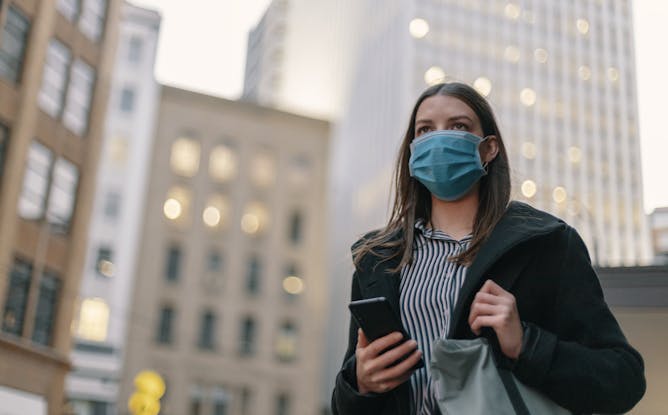
Getty Images
John Donne Potter, Massey University; Amanda Kvalsvig, University of Otago
Studies show long COVID is common enough to be a major public-health threat. It can damage the brain and other organs and may remain silent during childhood but cause chronic disease in later life.
|
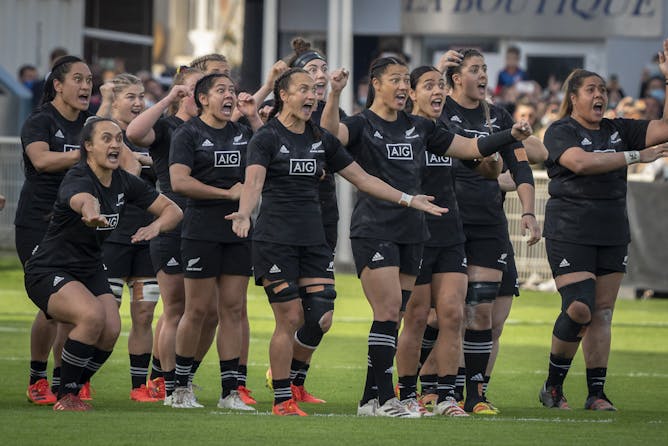
GettyImages
Holly Thorpe, University of Waikato; Alida Shanks, Massey University
Will Rugby New Zealand’s report into culture within the Black Ferns finally be the tipping point for change – to put women at the heart of their own sports organisations?
|
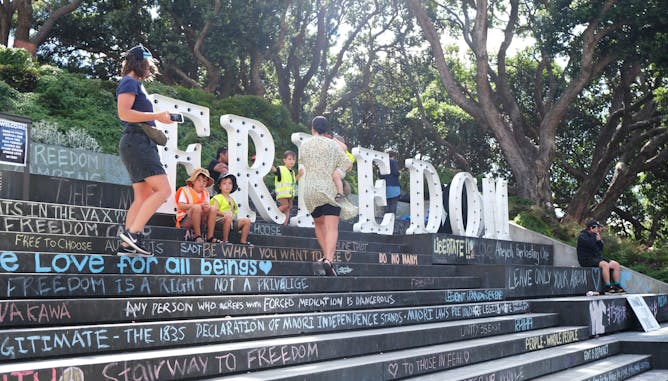
Lynn Grieveson/Getty Images
Richie Poulton, University of Otago; Avshalom Caspi, Duke University; Terrie Moffitt, Duke University
The extraordinary Dunedin longitudinal study shows vaccine resistance can be laid down before high school age in response to childhood trauma or neglect. But better early education could help.
|
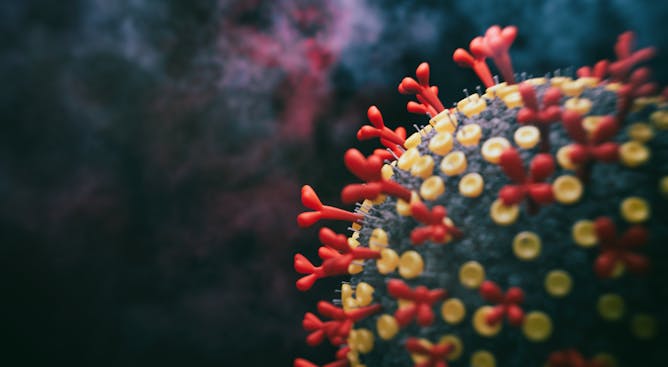
GettyImages
Jemma Geoghegan, University of Otago; David Welch, University of Auckland; Joep de Ligt, ESR
Our best chance of limiting the emergence of new recombinant COVID variants is to limit the spread of infections, using public health measures to slow and suppress the virus.
|
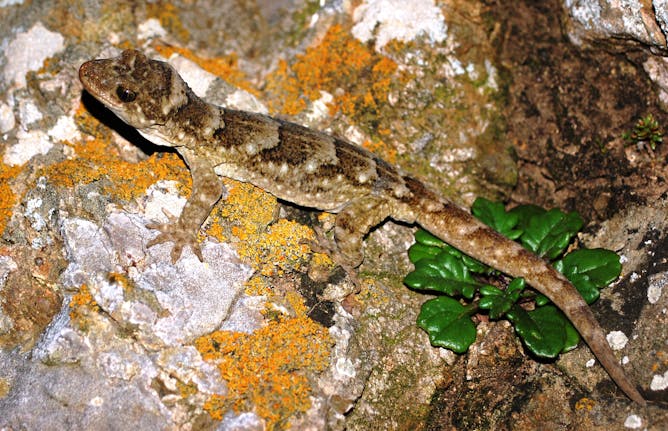
Wikimedia Commons/Jennifer Moore
Nic Rawlence, University of Otago; Lachie Scarsbrook, University of Oxford
Biologists have used ancient DNA, preserved in fossil bones for millennia, to study the evolution of large species, but now they can employ it to study small animals like lizards and frogs.
|
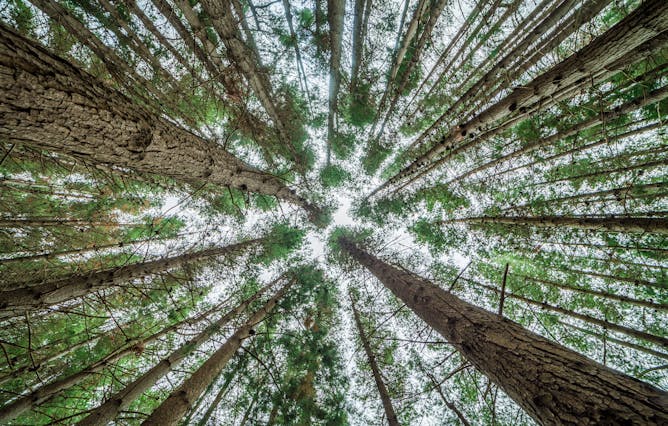
Shutterstock/Matt Sheumack
David Hall, Auckland University of Technology
With the world on track to blow the carbon budget for 1.5℃ before the end of this decade, we must use offsetting carefully. It can no longer be a substitute for deep emissions cuts.
|
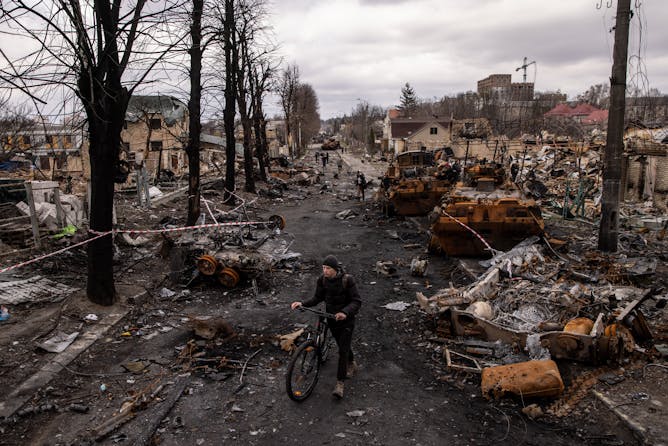
GettyImages
Alexander Gillespie, University of Waikato
With evidence mounting of Russian war crimes in Ukraine, what options beyond trade sanctions should New Zealand now consider?
|
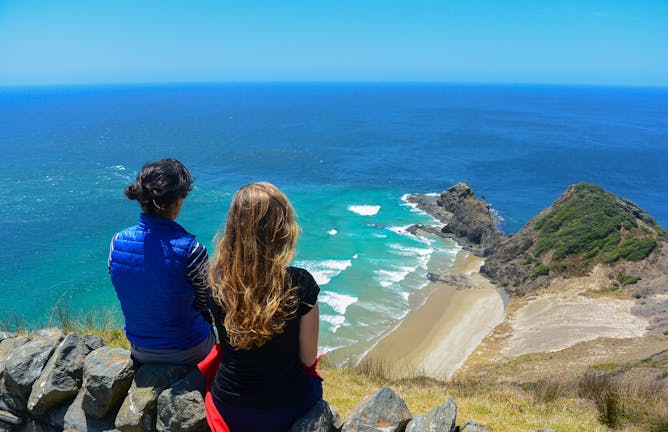
Shutterstock
Regina Scheyvens, Massey University; Apisalome Movono, Massey University
With tourism operators desperate for the return of international visitors, the industry’s challenge now is to build a new, sustainable model.
|
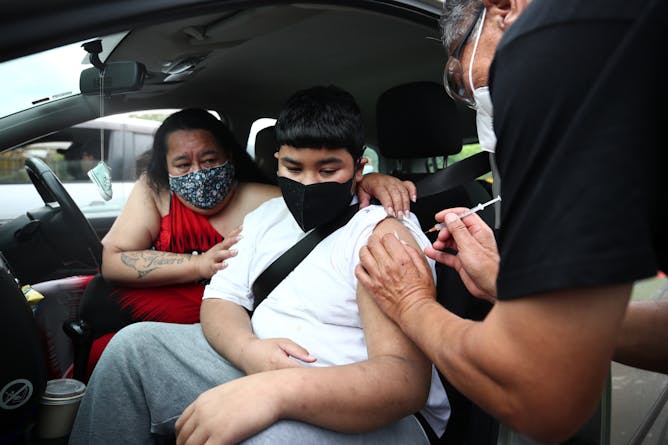
GettyImages.
Kaaren Mathias, University of Canterbury; Sarah Lovell, University of Canterbury
World Health Day is shining a light on local responses to health challenges. It’s time New Zealand takes that message to heart and works with local communities for a fairer health system.
|
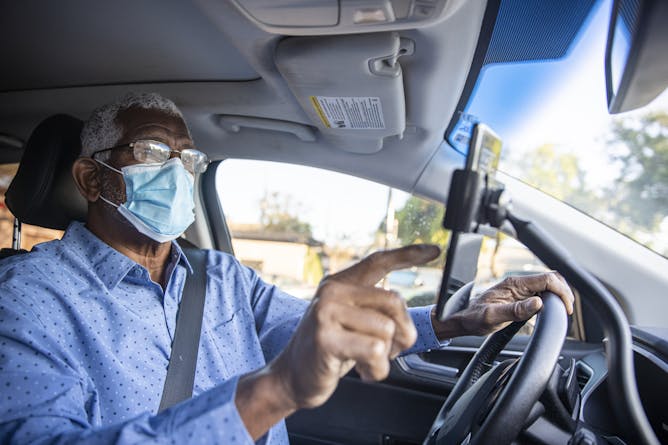
GettyImages
Leon Salter, Massey University; Mohan Jyoti Dutta, Massey University
A recent study highlights the precarious world of rideshare and delivery drivers during the pandemic, and their struggle to be heard as non-unionised contractors.
|
From our international editions
|
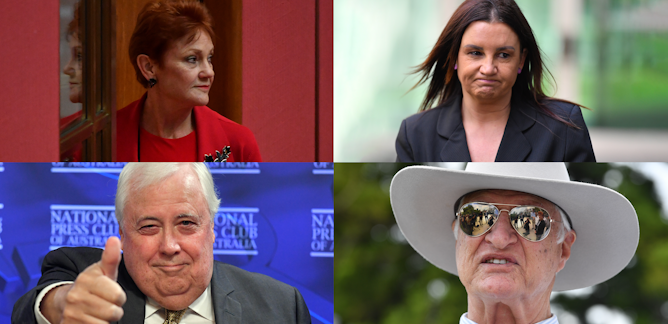
Benjamin Moffitt, Australian Catholic University
Clive Palmer is back trying to win a Senate seat, while Jacqui Lambie is aiming to get a second senator elected.
| |
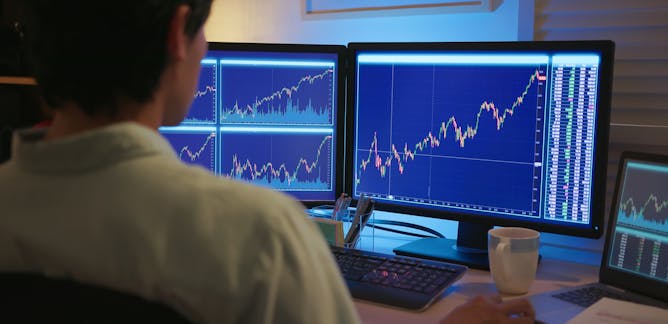
Di Wang, Queensland University of Technology; Brett Martin, Queensland University of Technology; Jun Yao, Macquarie University
Narcissism and belief in conspiracy theories may be among the factors that motivate people to buy cryptocurrencies.
|
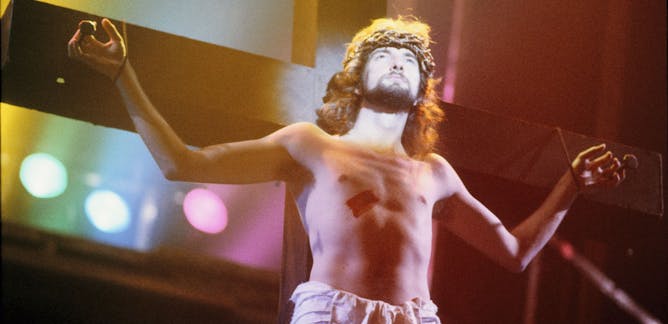
Henry Bial, University of Kansas
Andrew Lloyd Webber and Tim Rice’s famous musical has long inspired controversy for how it depicts the story of Jesus of Nazareth.
| |
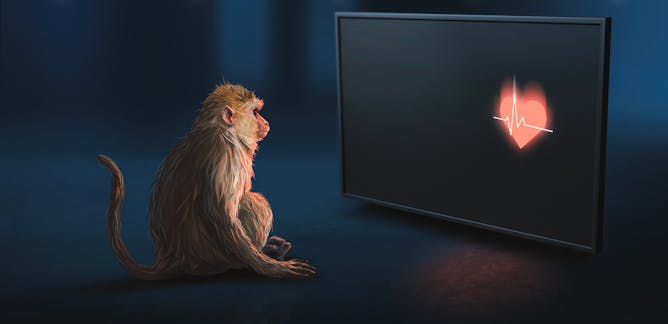
Joey Charbonneau, University of California, Davis; Eliza Bliss-Moreau, University of California, Davis
Researchers used a test designed for babies to show that rhesus monkeys can sense their own heartbeats. The finding opens up important paths of research into consciousness and mental health issues.
|
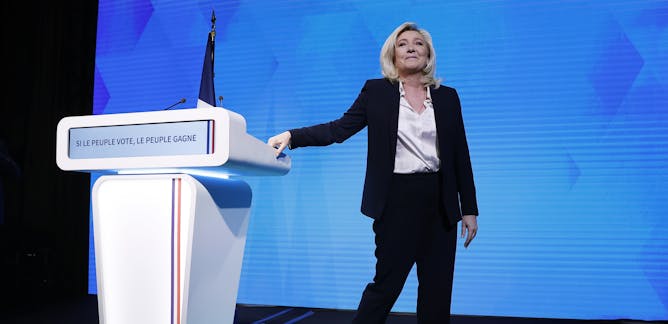
Paul Smith, University of Nottingham
Jean-Luc Mélenchon was the great success story of the first round. The question now becomes – who gets his votes in the second?
| |

Mireille Marcia Karman, Universitas Katolik Parahyangan
The G20 summit can show how Indonesia can contribute to peace by becoming a mediator between the two parties.
|
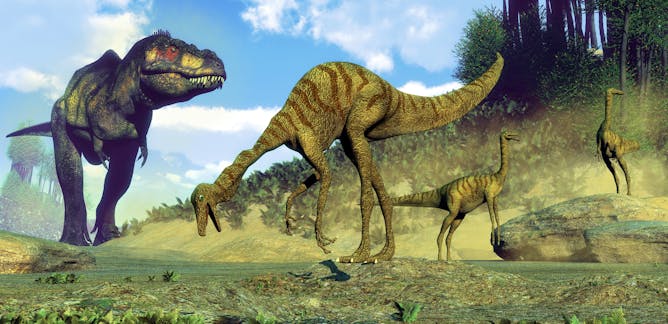
Darla K. Zelenitsky, University of Calgary
Two recent discoveries in Alberta and Uzbekistan have identified the top predators in those regions during the Cretaceous period. Fossils that had been in storage for years included the jawbones.
| |

Martin Welz, University of Hamburg
The creation of the G5 Sahel added to the traffic of security groupings in the region
|
|
|
| |
| |
| |
| |
|
|
|
|
|
|
|